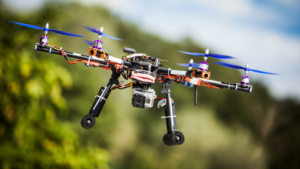
RPAS THERMAL ANALYSIS
Theoretical/practical training course for carrying out thermographic inspections with RPAS in engineering and land use

Theoretical/practical training course for carrying out thermographic inspections with RPAS in engineering and land use

The PALS course is intended for healthcare personnel who intend to acquire or improve their skills in the assessment and management of pediatric patients in critical conditions from the first minutes of the emergency until the stabilization and / or transport phase.
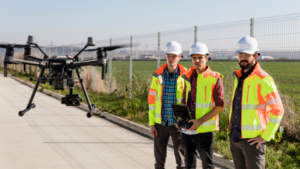
Theoretical/practical training course on proximal remote sensing from RPAS in engineering, environmental and land use
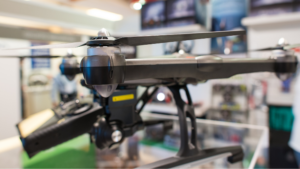
Theoretical/practical training course on the use of SAPRs for environmental monitoring (Environmental Monitoring & Assessment)
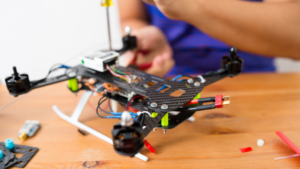
Theoretical/practical training course for the design, construction and maintenance of Remotely Piloted Aircraft Systems

Training and education course to obtain the Flight Instructor rating for RPAs of operating mass less than 25 kg

The course is addressed to all the personnel involved in helicopter flights. The training session includes theoretical and practical aspects relating to on-board rescue equipment.

The course is addressed to all the personnel involved in airplanes flights. The training session includes theoretical and practical aspects relating to on-board rescue equipment use.
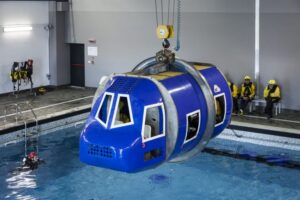
The HUET course provides all the personnel carried on helicopters with survival techniques and rescue techniques in case of fall in water.

The activity consists in supporting the Safety Officer in training the on-board personnel and in supervising firefighting drills, by providing useful suggestions to improve intervention capacities.

The course provides the on-board firefighting team members with principles of breathing apparatuses use in presence of toxic gases and non-breathable air.

The course is structured to provide knowledge of tactics and techniques for firefighting in a confined environment. The course is divided into theoretical and practical sessions
Via delle Azalee, 21
Sant’Alessio con Vialone (PV), Italia
Copyright © 2025. All rights reserved.